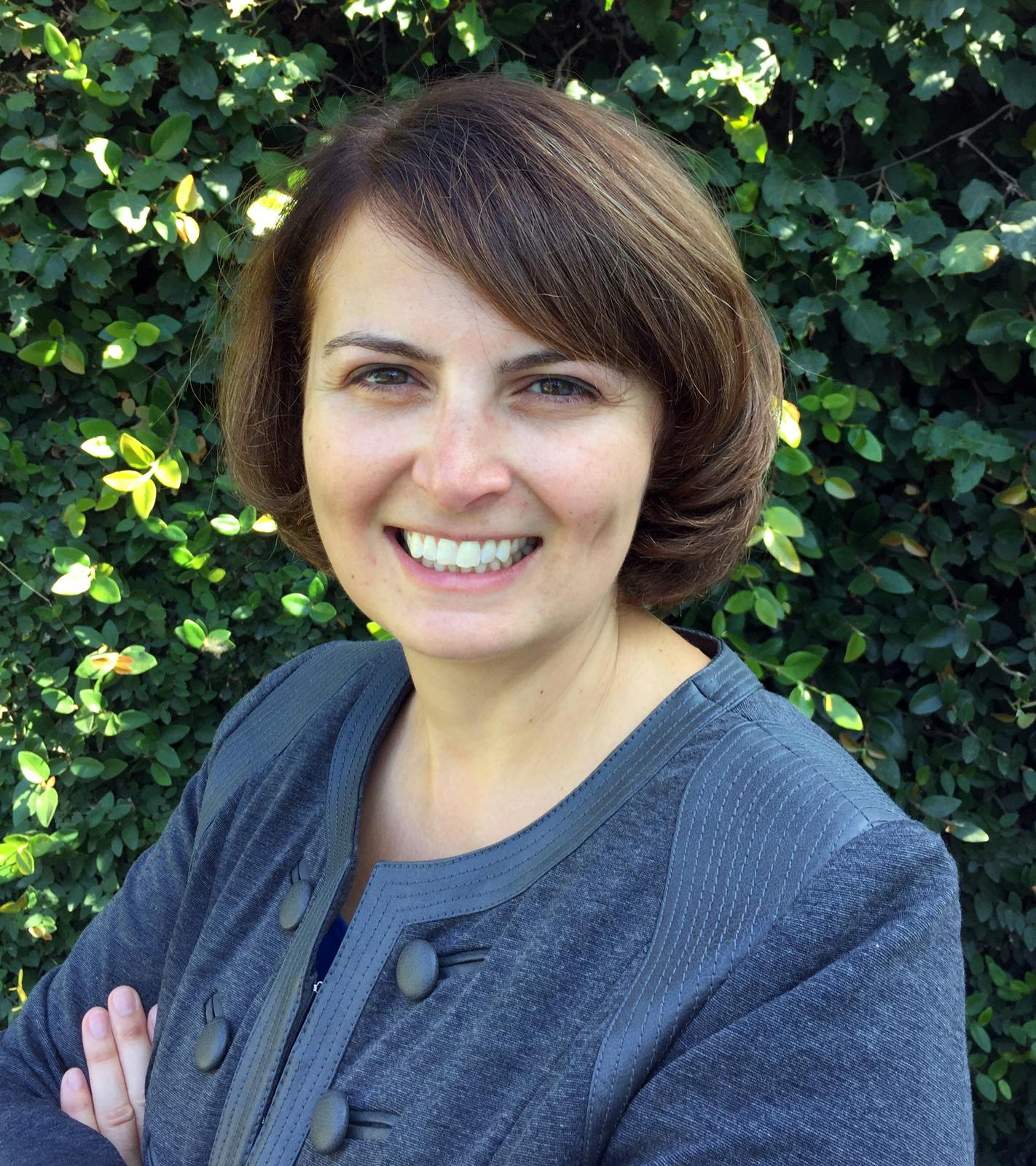Michelle Caswell, UCLA associate professor of information studies, has been given the Chancellor’s Award for Community-Engaged Scholars, which annually supports a cohort of UCLA faculty who will each design a new course to integrate undergraduates into their community-engaged projects, working with the UCLA Center for Community Engagement. Caswell, who arrived at UCLA in 2012, is the first awardee from the UCLA School of Education and Information Studies.
Caswell directs a team of graduate student researchers at the UCLA Community Archives Lab, and mentors MLIS students through funded internships at local community archives. She will create a course on “Digital Archives, Communities, and Memory” for UCLA undergraduates, and says that she looks forward to working with her UCLA colleagues across disciplines.
“I’m really excited to be in a cohort with other recipients across campus to be able to talk about the challenges, opportunities, and possibilities for teaching undergrads in community-engaged work,” she says.
Professor Caswell says that she hopes her community-engaged course will attract students from a wide variety of undergraduate majors, including ethnic studies, gender studies, and even more technically focused majors such as computer science. She also hopes that the course will in the future, help shape the University’s undergraduate minor in information studies.
“In the community archives class I’m teaching right now, I have two master’s students from Asian American studies and one from education, and they have been fantastic contributors to the class – they bring totally different and important perspectives,” notes Caswell. “The information studies students learn a lot from those students outside of our department. It really strengthens the conversation when you draw in students from across campus.”
Professor Caswell says that learning about community engaged research and community-based archives will provide useful tools and perspectives for students in all disciplines.
“This is something that the community-based archives students at the master’s level have learned – archival work is a balance of doing technical, practical work and relationship building, and those two aspects are equally as important,” she says. “It’s just as important to know how to listen as it is to know how to create a website.
“What I love about archival work it’s where those two things come together. In the humanities, there is often talk about the archive as an abstract principle or concept, without talking about actually existing archives. I think the class will also be an opportunity to expose undergraduate students to information studies more broadly and to archival studies specifically, where we talk about abstract principles, but we also have to make concrete decisions about actually existing archives. It’s where the rubber meets the road in terms of combining technical skills, relationship building, and more theoretical concepts as well.”
Caswell’s teaching and research includes archival theory and practice, information ethics, the politics of accountability, ownership, and access; archival pedagogy, visual culture, and digital history. She is the co-founder and an Academic Council member of the South Asian American Digital Archive. Professor Caswell’s most recent book, “Urgent Archives: Enacting Liberatory Memory Work,” was released in May by Routledge.
Courtesy of Michelle Caswell
